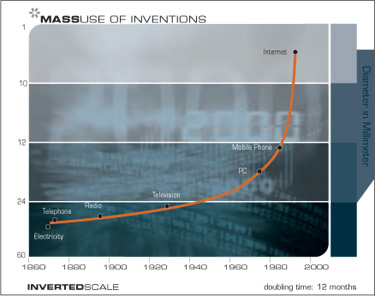A Year to Be Grateful For
 This time of the year is conducive to reflection. The gray skies, the sparsely populated office, and the writing of the holiday letter always cause me to take stock. (Speaking of stock, I wish I bought some Google last year, I thought it was too high at $193, and now it’s at $415. I can’t do anything about the past, but do I buy it now? In the Internet search sector,Yahoo appears to be a better value.)
This time of the year is conducive to reflection. The gray skies, the sparsely populated office, and the writing of the holiday letter always cause me to take stock. (Speaking of stock, I wish I bought some Google last year, I thought it was too high at $193, and now it’s at $415. I can’t do anything about the past, but do I buy it now? In the Internet search sector,Yahoo appears to be a better value.)I started writing this post on the Friday morning train, which came to an emergency stop. Earlier, a motorist smashed through a crossing gate in Burlingame. The gate wasn’t working when another car crossed the tracks in front of our train. Thankfully, the engineer braked, avoided an accident, and called a repair crew. The low and high of humanity in this one episode: the first driver who might have caused a tragic accident and the alert engineer who responded quickly and professionally.
As I was saying, I was going to write about the stormy weather and having to go into the office during this semi-holiday week. Until I realized that I wrote about these subjects last year…….and the year before. I’m repeating myself, a sure sign that the whine has peaked.
Our student came home for the holidays and strolled over to the shopping center to apply for a job. At one retail outlet there were three requirements: 1) Complete a test consisting of questions like “What’s the new price if a $13 item has been marked down by 30%?”; 2) Present a U.S. passport; 3) Fill a bottle at a South City lab and wait for the test results. Our student started work two days later. He’s earning close to the minimum wage, but it’s honest work.
Last night hurricane winds battered the Bay Area, but our house fared much better than it did ten years ago when our fence blew down. Reports of flooding and downed power lines are pouring in from neighboring towns, but Foster City has suffered little damage. We have our home, our health, each other, and hope for the future. That’s a lot to be grateful for.




